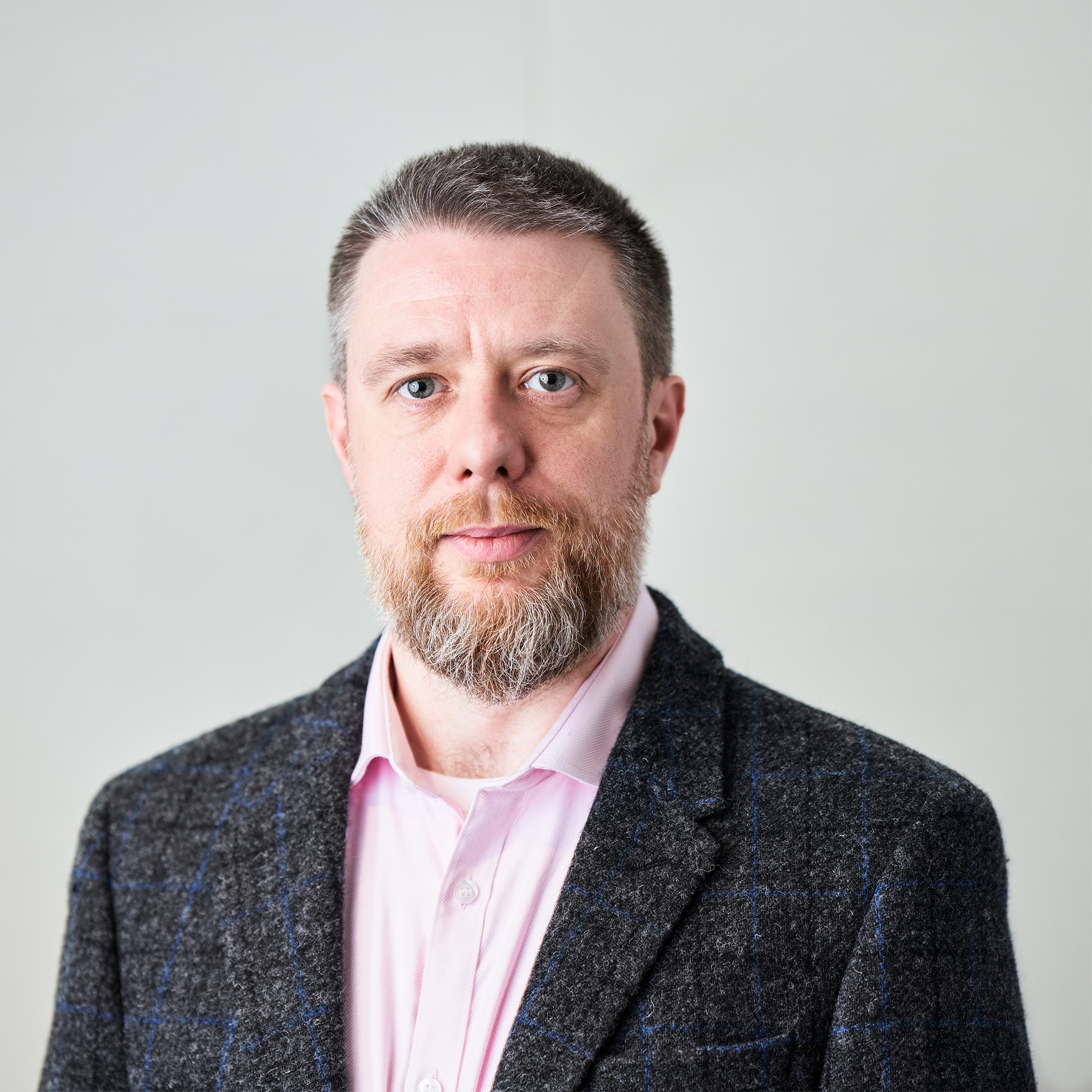Gordon Mitchell on the foundations of AI in construction

Gordon Mitchell
With less than three weeks until the Scottish Construction Summit, speaker Gordon Mitchell, co-founder of Wholus, seeks to demystify one of the industry’s most pressing topics: digitalisation.
With a passion for optimising the built environment, Mitchell argues that before construction firms can harness the transformative power of Artificial Intelligence (AI), they must first look inward.
For Mitchell, the biggest barrier holding back AI adoption isn’t the technology itself, but a lack of operational readiness. “Four out of five innovative endeavours fail to return on the original investment,” he notes, attributing this not to fragile tech, but to operations unequipped to use it. He believes many firms are focused on collecting data without having the foundational systems to manage it effectively.
He illustrates this with a simple analogy: “I can say to you, 177, what does that mean to you?” The number is meaningless without context. But by adding context – “that’s my height in centimetres” – it becomes powerful, qualified information. This, he argues, is the crux of AI readiness. “If you’ve not got these foundations in place, then your AI is just gonna struggle to work with you,” he says.
Simple things, like a consistent file naming convention or a good asset registry, are the essential first steps. “If your operation isn’t already aligned… then don’t buy any tech,” Mitchell advises. “Go and sort your operation.”
Looking ahead, Mitchell doesn’t see construction firms building their own core AI models. Instead, he predicts they will use ‘agentic AI’ – specialised AI agents tailored for specific tasks. He explains, “an agent… narrows [AI] down to specific use cases”.
A prime example would be a health and safety agent. Instead of a generic large language model (LLM) like ChatGPT generating a policy, the agent would be trained on the organisation’s specific health and safety documents, rules, and contracts, ensuring its advice is always relevant and accurate. These agents can even be customised to reflect a company’s unique culture, making the technology more relatable for the workforce.
While acknowledging the immense potential of future developments like superintelligence, Mitchell’s message for delegates attending the summit is pragmatic and immediate: the journey to AI readiness can, and should, start now.
He urges businesses to begin by defining their ‘organisation information requirements’ (OIRs) – digitally translating who they are and why they exist. This top-down governance ensures that any technological path taken is the right one. “Lay your foundations, just like a building,” he concludes. “Don’t start on the roof.”
The Scottish Construction Summit is supported by headline sponsor SPI Piling alongside McLaughlin & Harvey, ValoremFirst, t.i. dynamic facades and CITB. For more information and to buy tickets, click here.














